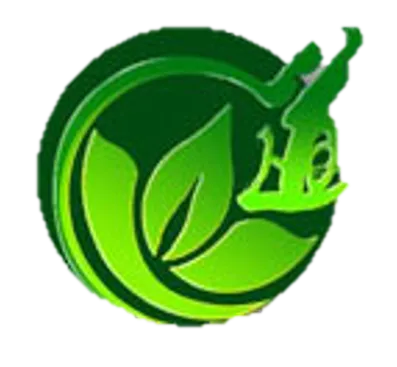Hemorrhoid
Hemorrhoids – A Traditional Chinese Medicine Perspective
Moving Blood, Clearing Heat, and Lifting the QiHemorrhoids (also known as piles) are swollen and inflamed veins in the rectal or anal area. In Western medicine, they are classified as either internal or external, and are typically associated with straining, constipation, pregnancy, or prolonged sitting. In Traditional Chinese Medicine (TCM), hemorrhoids are seen not merely as a local vascular issue, but as a sign of underlying imbalances, such as Qi sinking, Blood stasis, Heat accumulation, and Dampness in the lower body.TCM aims not just to relieve symptoms like bleeding, pain, or prolapse, but to correct the root cause of the condition through herbs, acupuncture, lifestyle adjustments, and diet, helping to prevent recurrence and restore normal bowel function.
🔹 TCM View of the Causes of Hemorrhoids
Spleen Qi Deficiency and Sinking The Spleen governs the transformation and transportation of food and fluids, and holds organs and Blood in place. When the Spleen Qi is weak or sinking, it fails to support the rectal tissues, leading to prolapse and internal hemorrhoids.
Heat or Damp-Heat in the Intestines Excessive consumption of spicy, greasy foods, alcohol, or chronic constipation can lead to Heat in the Yangming channel (Stomach/Large Intestine). This Heat pushes Blood out of the vessels, leading to swelling, bleeding, and inflammation.
Blood Stasis Chronic stagnation of Qi and Blood in the lower Jiao (lower abdomen) can cause hard, painful, or thrombosed hemorrhoids, especially in external types.
Liver Qi Stagnation Emotional stress or poor circulation can cause Liver Qi to stagnate, impairing venous flow and contributing to anal swelling or pain.
🔹 Common TCM Patterns and Treatment Principles
✅ Spleen Qi Deficiency with Qi Sinking
Symptoms: Prolapse of internal hemorrhoids, fatigue, loose stools, abdominal bloating, pale complexion, weak voice
Treatment Principle: Tonify Spleen Qi, raise Yang, consolidate the rectum
✅ Damp-Heat in the Large Intestine
Symptoms: Bright red bleeding during defecation, anal itching or burning, mucus in stool, foul odor, constipation
Treatment Principle: Clear Heat, drain Dampness, cool the Blood
✅ Blood Stasis
Symptoms: Dark purple or painful hemorrhoids, pain with defecation, clots in stool, dull complexion, purple tongue
Treatment Principle: Move Blood, disperse stasis, relieve pain
✅ Liver Qi Stagnation with Heat
Symptoms: Anal distension, irritability, hemorrhoids that flare during stress or menstrual cycle, constipation alternating with diarrhea
Treatment Principle: Soothe Liver, regulate Qi, clear Heat
🔹 TCM External Therapies for Hemorrhoids
Sitz Baths with Herbal Decoctions:
Topical Herbal Ointments or Suppositories:
Moxibustion: Especially helpful for cold-type hemorrhoids or in cases of Spleen Yang deficiency.
🔹 Diet and Lifestyle Tips
Avoid spicy, fried, and greasy foods
Increase fiber (oats, leafy greens, barley) and hydration
Avoid prolonged sitting or straining during bowel movements
Engage in gentle exercises like walking or tai chi
Manage stress, which affects Liver Qi and bowel function
✅ Conclusion
In Traditional Chinese Medicine, hemorrhoids are not merely a local vein issue, but a reflection of deeper imbalances in Qi, Blood, and organ function—especially the Spleen, Liver, and Large Intestine. TCM treatment focuses on addressing the root pattern, reducing inflammation and swelling, and preventing recurrence through herbal medicine, acupuncture, diet, and lifestyle support.
